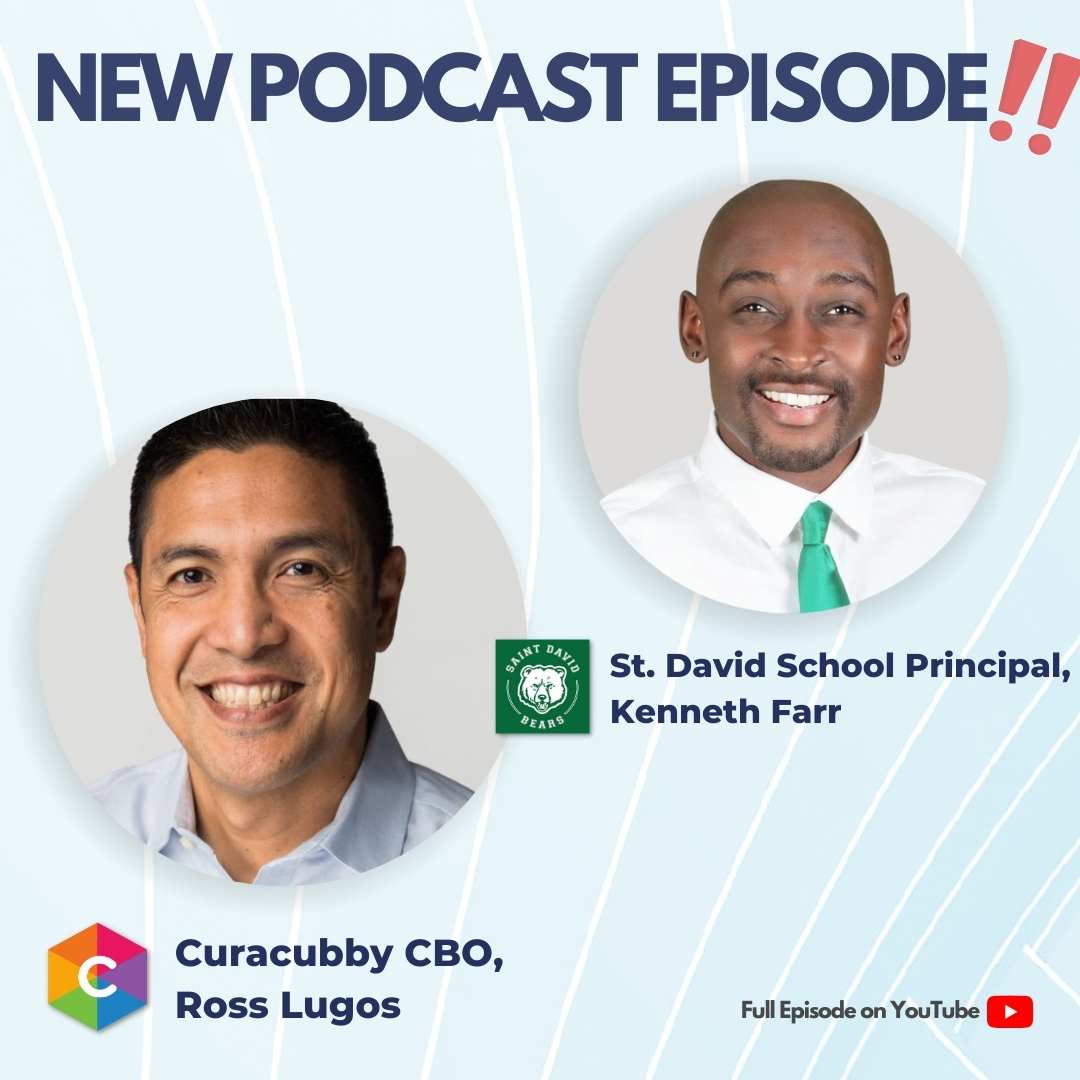

As featured on The Ellen Show, hear about Curacubby for yourself from one our customers, Principal Kenneth Farr of St. David of Wales School in Richmond Ca.

Lesson plans for after school programs need to be designed in ways that not only engage students but cultivate valuable skills and mindsets that can be taken with them into maturity. It’s important to focus on what’s going on in the world and identify bigger-picture issues that school is under-equipped to prepare students for.
For that reason, we’ve put together five ideas for lesson plans and curricula for your after school programs. Before we get to those, let’s look at why they’re important.
Some fundamental needs cannot be met with school curricula and lesson plans, and the first step to creating a powerful afterschool program is to identify and address these. Any program you run should fill at least one need, and help to prepare young people for the world as it will be when they enter it as adults.
This makes it unlikely to be an effective strategy simply to follow the old playbook and run programs based on what has gone before. Instead, organizing lesson plans for after school programs is an exercise in awareness and looking at current trends.
Some of the key issues today’s generation will face as adults relate to the worsening climate crisis , the high cost of housing , rampant anti-intellectualism , and an overall distrust in science. There’s also an issue of declining emotional intelligence and well-being among our population, leading to reduced capacity for teamwork and poorer relationship strength across the board.
There are countless other struggles the children of today are expected to face in the coming years, and understanding what they are and how to prepare a generation to face them is the key to running an after school program that will make positive changes to our world.
With this in mind, it’s important to consider not only what the program will cover, but who will be available to teach it. This will come down to the resources at your disposal, but many relatively simple approaches cover a lot of ground in relation to these issues. Deciding on a lesson plan is the first step. From there, it’s a matter of identifying a funding plan and mapping out a budget.
To help you with some ideas, we’ve compiled a list of five curriculum and lesson plan strategies for today’s students.

All afterschool lessons should have an intention behind them. There are many issues available to focus on, but designing your curriculum with the mindset of achieving a better or more informed state of mind should be the primary consideration.
Giving children the choice to participate in sessions they want to engage with also promotes responsibility and independence, and should encourage you to plan a well-rounded curriculum as a result. Here are five theme suggestions for your after school curriculum lesson plans .
With a focus on the current condition of the world across many sectors, this is an opportunity to give students their first insights into the rich diversity of the globalized world they’ll be entering. It’s a chance to expose them to unfamiliar cultures and facilitate familiarity around them.
Career opportunities are no longer limited to the local environment, and global learning activities in your lesson plans need to be designed with this in mind. The goal is to set young people up to be able to participate responsibly in a global community and to be ready for opportunities that arise across the planet.
Examples of lesson plans that approach this would be What Makes us Differen t? An introduction can be a discussion about the differences on the surface and how people look. Follow this up with an interactive session in which children draw an imaginary person from a template and list their attributes.
Cutting the templates into sections allows them to be shuffled around in the group and compiling a new person from the jumbled sections. Then, children can talk about what makes this new configuration interesting and if anything about them is surprising.
STEM-based after school programs can be cost-effective and exciting and can accomplish many of the things that school activities don’t have time for. The idea behind them is to familiarize this generation with the curiosity and process of scientific experiments and demonstrations.
Since this is an after school program, it’s a good time to focus on more action-based demonstrations and discussions, rather than strenuous cognitive work, and consider this an opportunity to get parents involved, too. They can help with trips to science centers and museums, or get valuable exposure to some of the elements of STEM they may have missed themselves.
For a very young cohort, demonstrate surface tension using insects on a pond, or for middle school and above, factor in renewable energy demonstrations or exciting chemistry like the Iodine clock .
There are so many engaging ways to promote and expand literacy among students in an after school program, and its importance can’t be stressed enough. Schools are increasingly being asked to strengthen their literacy programs and a solid after school literacy curriculum can help with this.
Engage students with sustained silent reading groups, or take the opportunity to teach research skills and identify reliable sources online for topics that are of interest. Journaling has been long identified as a tool of well-being and would fit neatly into a literacy program while teaching a life skill that has the potential to reduce anxiety and structure thoughts.
The key to a good literacy program is to use literature that engages and then combine reading exercises with writing. Allow students to choose their own material and break down different stylistic and linguistic choices with them.
Study skills can be taught in a program for literacy, teaching children how to make better use of their time and resources inside school hours and during homework assignments. It’s also a good chance to bring in elements of diversity by asking students to write about their backgrounds or hobbies.
Tackling environmental issues or learning about the state of the ecosystems that sustain us and their fragile nature is crucial for educating a generation of environmentally-conscious adults. This can be done in a multitude of interesting and exciting ways and should be aimed at cultivating enthusiasm and motivation to contribute to a bigger cause.
Building insect hotels or birdhouses , and discussing the importance of pollinators and their role in agriculture are things that can be done outside, as can talks about water quality and rising global temperatures.
If there’s accessible land to build a composting site, this can be a valuable opportunity to educate on the nutrient cycle, sustainable resource production, and even self-sufficiency. As the program progresses, students can take home produce that they have cultivated from start to finish, cementing an understanding of where their food comes from.
Social-emotional development programs aim to integrate character development and reinforce core social values such as respect, good citizenship, and personal responsibility. Emotional intelligence is a skill that is critically overlooked, yet it has implications in all aspects of adult life as it relates to collaboration, relationships, and resilience.
Focusing on gratitude is a good place to start. By allowing students to identify and recognize traits of one another that make them happy, it can foster goodwill and appreciation and begin to cultivate an outwardly positive attitude toward other people.
Finish each lesson with a moment to discuss how the session made them feel, including all positive and negative responses , and allow a non-judgmental space to process this.
After school curriculum lesson plans should be about more than simply filling time between classes; they should be addressing future problems and preparing young people with the tools to face them as adults.
When designing your program, keep in mind the resources available, and try to combine elements that work together to teach engaging and memorable lessons that will instill relevant life skills in your students. To help you spend more time on designing your lesson plans and less time dealing with the admin work, check out Curacubby . As an all-in-one platform for attendee check-in, enrollment management, and plenty more, it can free you up to focus on your creative ideas for your after school plans.